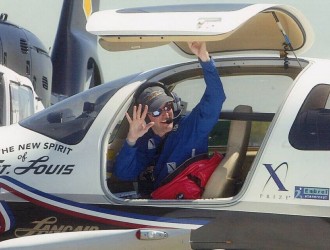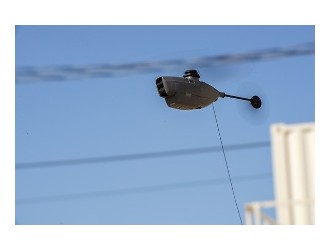
At the controls for the first flight were captain Jeff Karnes, copilot J.R. Marcolesco and flight-test engineer Ben Povall. They tested FTV2’s performance at high altitude by climbing to 43,000 feet.
“We now have a flight-test vehicle dedicated to testing the aircraft’s systems,” explained François Caza, Bombardier’s product development vice president and chief engineer. “Data from FTV2 will supplement the successful results we have already obtained from the test rigs, including the integrated systems test and certification rig and, from the extensive flight testing of FTV1 to date. We are on track with our test program and we are very pleased with the progression and performance of our flight-test vehicles to date. The dedication and collaboration of our teams have shown were critical in achieving this significant milestone.”
The Global 7000 will offer range of up to 7,400 nm carrying eight passengers and cruising at Mach 0.85, allowing for nonstop flights such as London to Singapore and Dubai to New York City. High-speed cruise will be Mach 0.925.
Bombardier’s sales team spent yesterday notifying holders of purchase agreement for the Global 7000 about the latest flight-test breakthrough.





